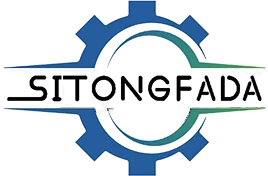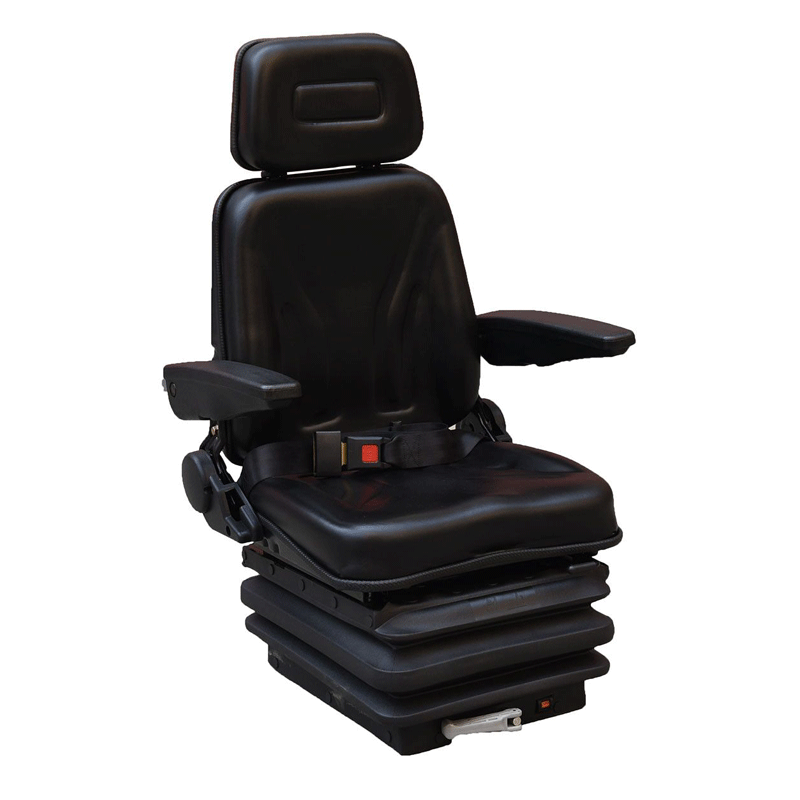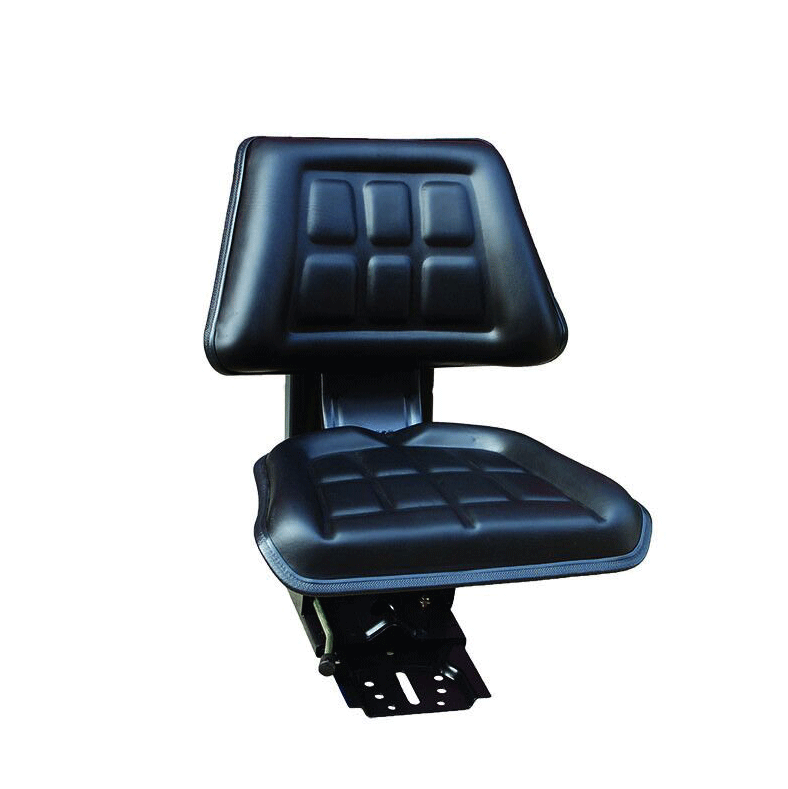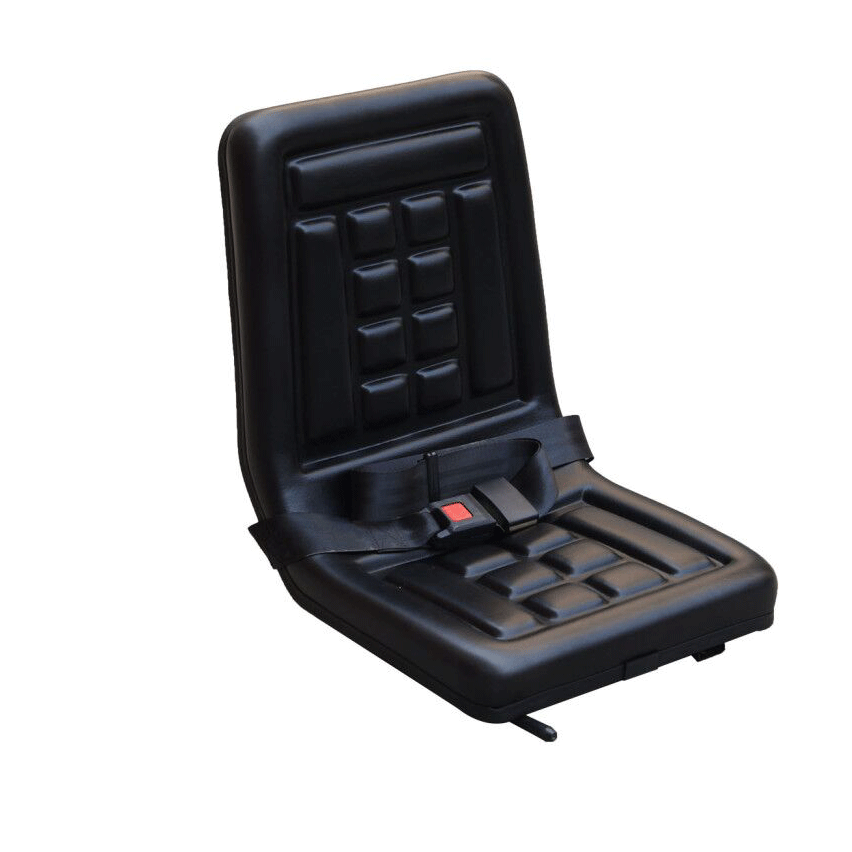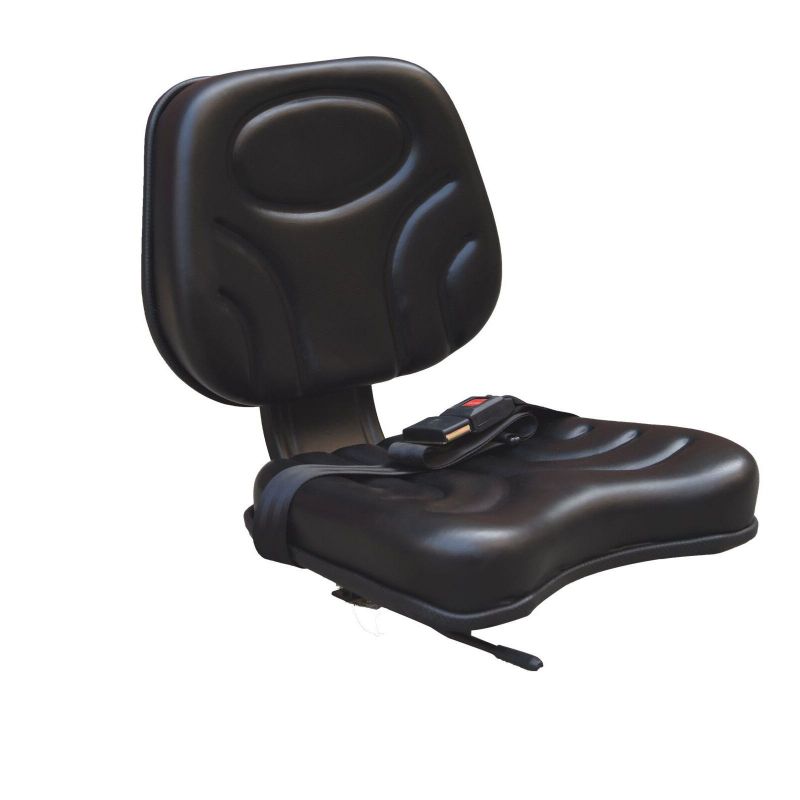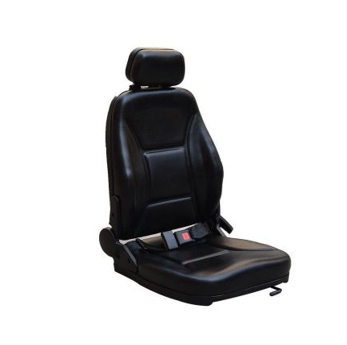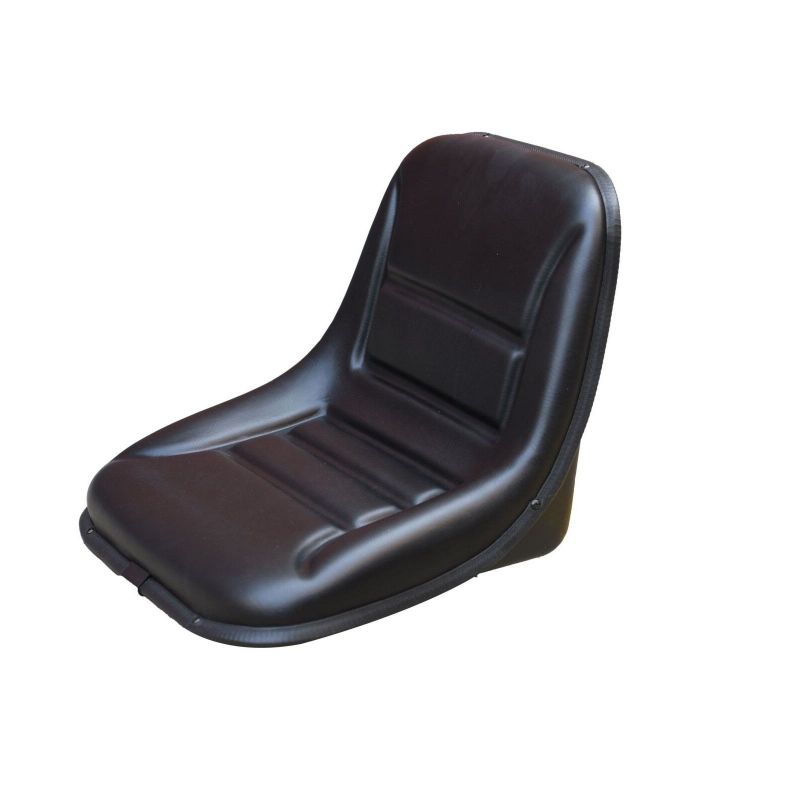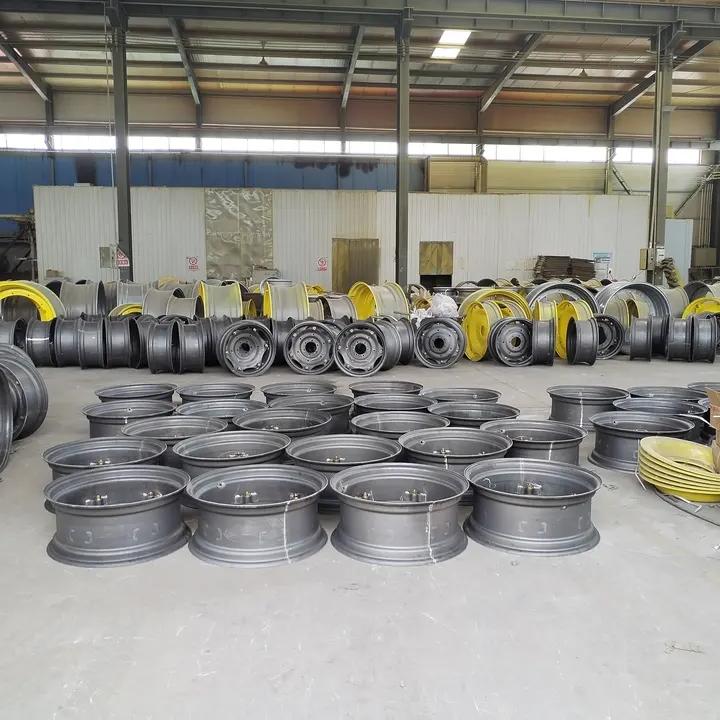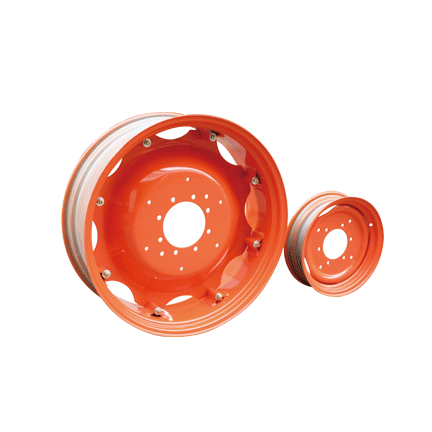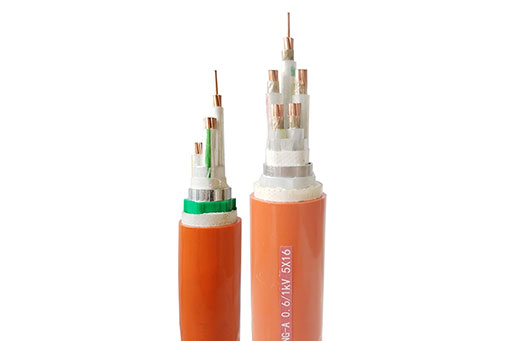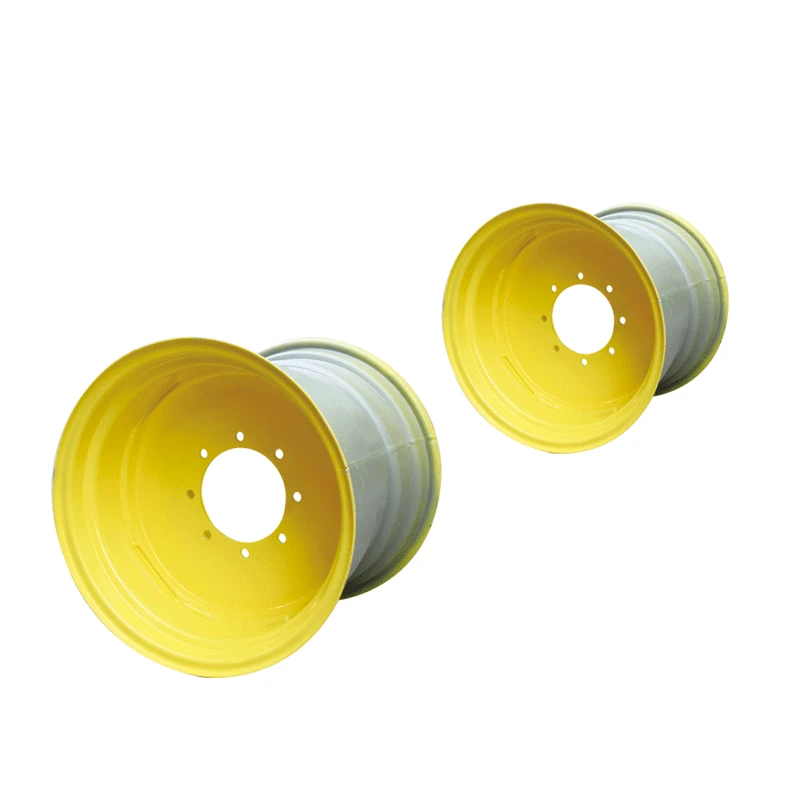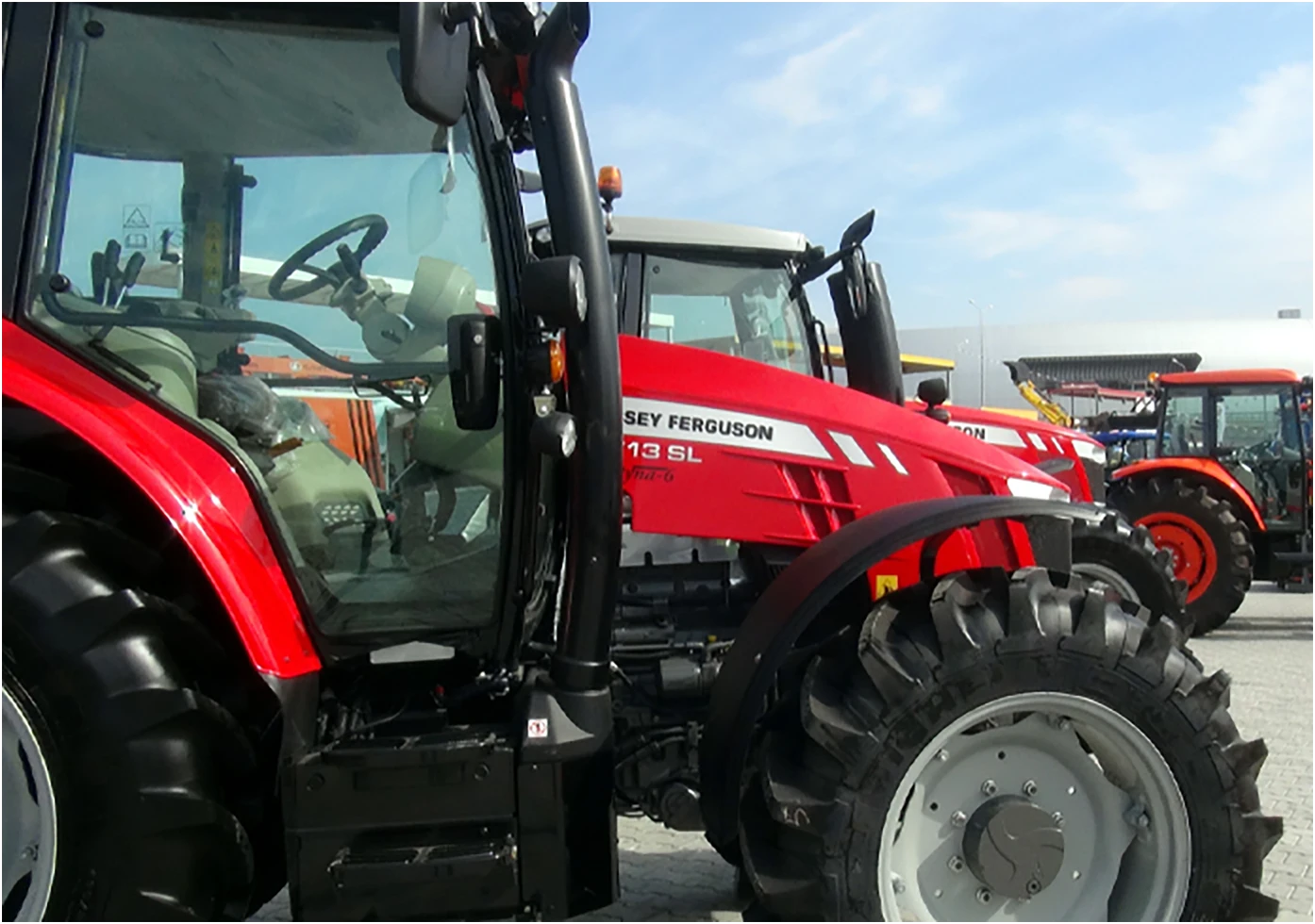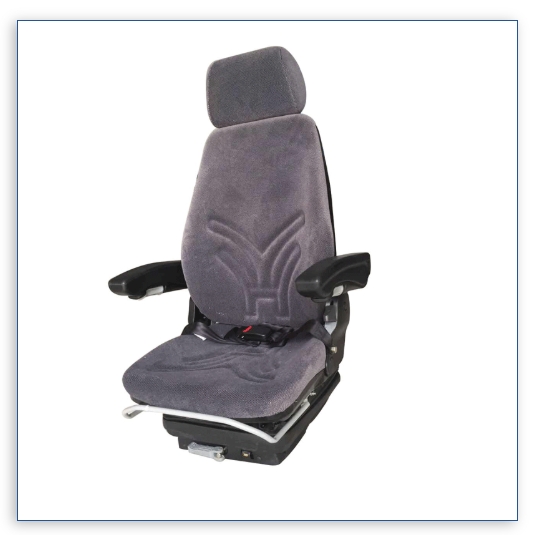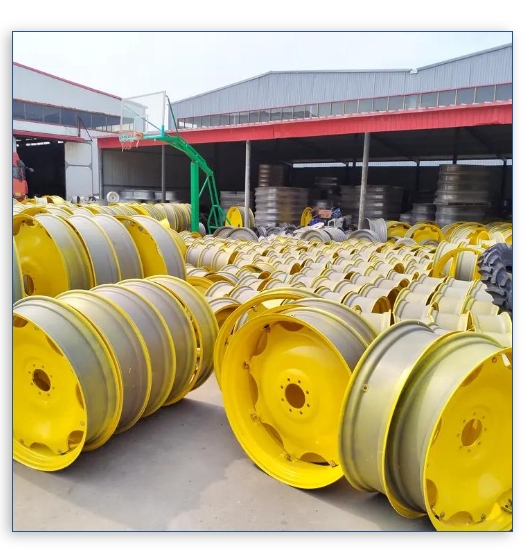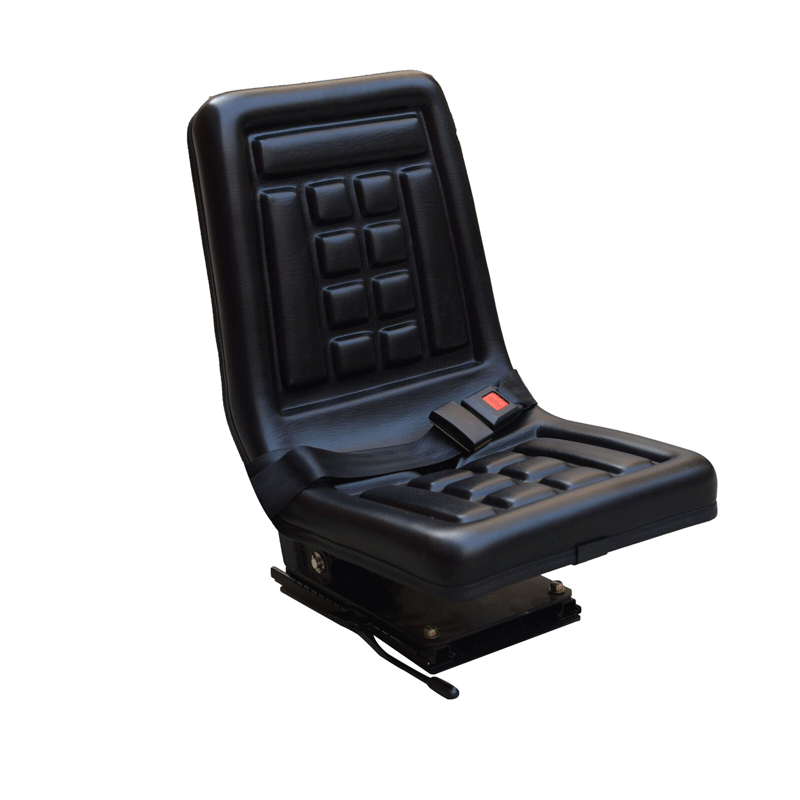Tractor seats, originally designed for agricultural vehicles, have found a valuable second life in industrial and factory environments due to their robust construction, ergonomic shape, and utilitarian design. In these settings, they serve not only as practical seating solutions but also contribute to workplace efficiency and employee comfort in heavy-duty operations.
In factory environments, tractor seats are frequently used at operator workstations, control panels, assembly lines, inspection stations, and machinery control rooms. Workers who spend long hours seated—often in fixed or semi-fixed positions—require seating that offers durability, adjustability, and comfort. Tractor seats are ideal for such roles because they are built to withstand intense, continuous use while offering ergonomic support. Their contoured metal or molded plastic seats are designed to distribute body weight evenly, reducing physical fatigue during repetitive tasks.
One of the key reasons for their popularity in factories is their ruggedness. Tractor seats are often constructed from cast iron, steel, or industrial-grade polymers, which makes them resistant to impact, vibration, and harsh working conditions. Unlike traditional office chairs, these seats are less susceptible to damage from grease, oil, metal shavings, or high temperatures, making them well-suited for machine shops, fabrication areas, and assembly zones.
Functionally, many industrial applications benefit from tractor seats mounted on height-adjustable pedestals, swivels, or rolling bases. This allows workers to easily reposition themselves or adjust seating height to align with different equipment or assembly surfaces. Some seats also come equipped with shock-absorbing bases, which help reduce the physical toll of vibrating machinery or unsteady flooring.
Ergonomics is another major benefit. Industrial work often involves fine motor skills or intense concentration, so a seat that supports good posture can directly influence productivity and worker health. Some upgraded tractor seats include lumbar support, backrests, and even cushioned surfaces to enhance operator comfort during long shifts.
Tractor seats also support safety goals in the factory environment. By offering stable, ergonomic seating at stations where precision is critical—such as welding benches, inspection tables, or CNC machine controls—these seats help reduce the risk of repetitive stress injuries and muscle fatigue. Their durable bases and non-slip finishes also prevent tipping and slipping, ensuring a safer workspace.
Beyond function, tractor seats have found their way into factory settings as part of a growing appreciation for industrial design aesthetics. Their utilitarian look complements modern factory interiors, especially in creative manufacturing spaces, makerspaces, or innovation labs where form and function are both valued.
In conclusion, the use of tractor seats in industrial and factory environments is a perfect example of cross-functional design. Originally meant for the farm, their durability, adjustability, and ergonomic qualities make them well-suited for the demands of industrial labor. As industries continue to value worker well-being and design efficiency, tractor seats remain a practical and increasingly popular choice.
